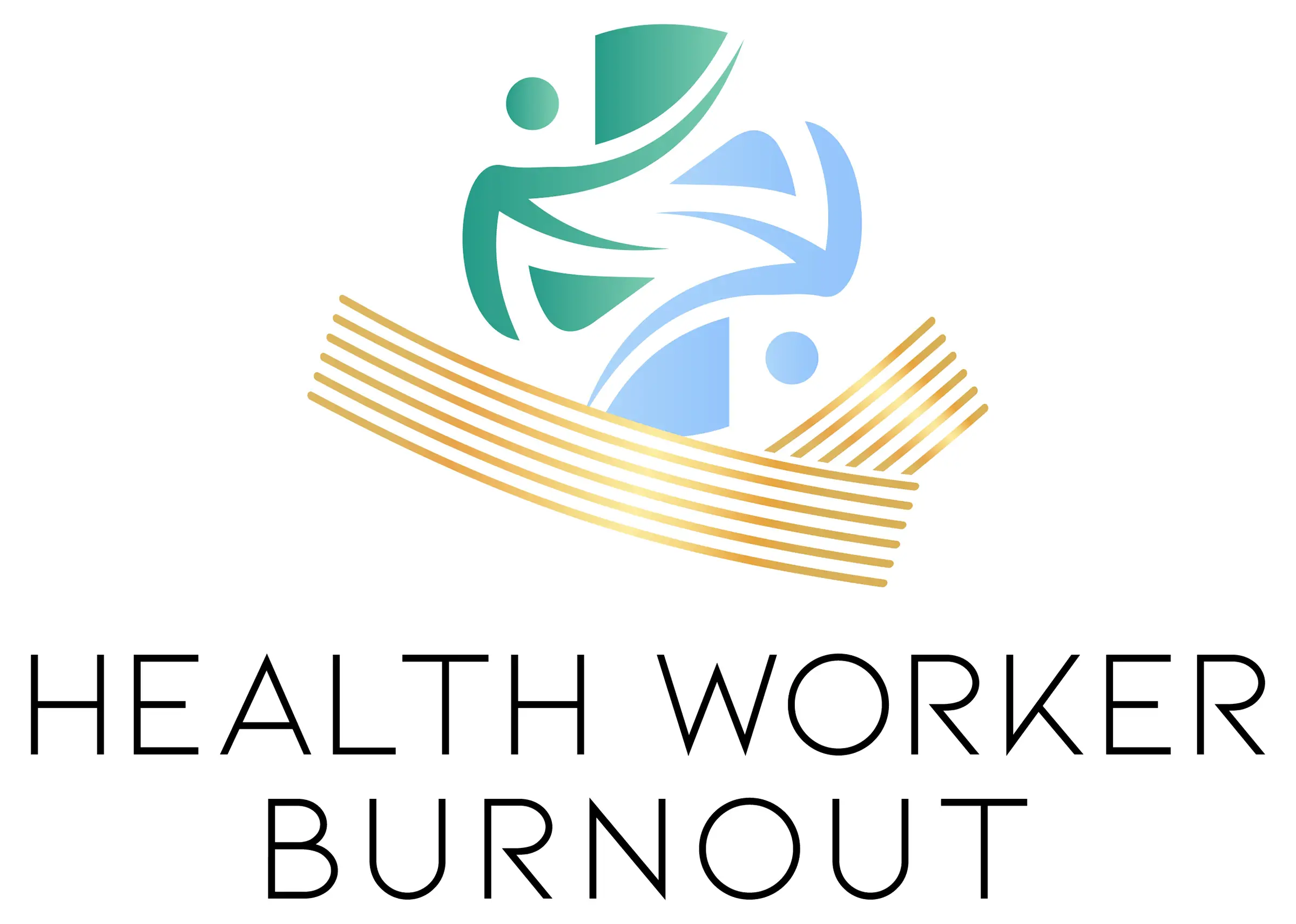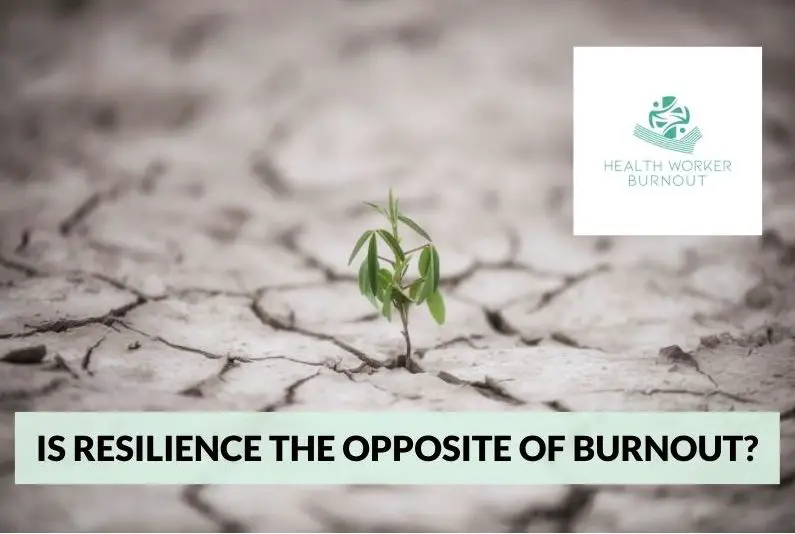When most people suffer exhaustion after working too hard or too long, they often long to take a break for a few days. However, this is not possible at times, so they end up taking only short time outs while still working. But is this ideal, or is it a recipe for burnout?
Resilience is the opposite of burnout because it involves working hard and taking periodic rest. Thus, it restores and sustains your well-being. However, burnout diminishes you, makes manageable tasks seem impossible, and leaves you feeling mentally exhausted and out of balance.
This article will explore what causes burnout and how you can build resilience to combat it. You will also find helpful tips on how to avoid burnout in the first place.
How Does Burnout Come About?
Burnout is both harmful and destructive. It is a response to prolonged stress and characterized by lack of joy when at work, cynicism or detachment, fatigue, feeling empty, ineffective, and emotional and mental exhaustion. When you are suffering from work burnout, you struggle to perform even the simplest of tasks.
The thing is, many people feel they need to work all the time. For some, it’s the endless pursuit of self-optimization, while for others, tough economic conditions cause them to take on 2, at times 3, jobs to keep afloat. While you’re typically aware that you are undergoing a lot of stress, you don’t always notice when burnout happens.
Burnout occurs as a result of several factors, and some could even be specific to your dynamics—some people cope better than others. Some of these factors include:
- Work overload
- Sleep deprivation
- Minimal or no support at work
- A challenging job with high expectations
- Unhealthy or hostile working conditions
- Extended work shifts with no breaks
- Work that conflicts with your values
- Unrewarding work with limited control
- Lack of a sense of accomplishment at work
However, not all burnout is a result of stressful work. While your job can contribute heavily, given that you spend most of your waking hours at work, stress from your overall lifestyle also plays a part. It can trigger this state of mind or add to an already stressful situation.
How to Tackle Burnout
Modern work has become increasingly difficult, complex, and overwhelming. This has led to high burnout levels in most professions, including healthcare, legal, education, and corporate finance.
While you might not be experiencing stress or burnout, it’s advisable to take up self-care practices that will help you cope with stressful situations. It’s also essential to understand that burnout goes through various stages, and knowing where you are can help you cope better.
One way of tackling burnout is by training yourself to become more resilient. You can also improve your work practices to avoid burnout. However, some people argue that psychologically sound, highly competent, and seemingly resilient professionals risk experiencing burnout more.
This is interesting given that burnout is thought to affect people in emotionally demanding roles, like caregivers. They go on to say that the only viable solution is to simplify complex and hostile work environments.
Nonetheless, it’s crucial to figure out how to deal with burnout since it has an adverse impact on organizational costs, employee health, and general well-being. Burnout could lead to long-term health risks, while it’s contagious nature fosters a toxic working environment, office politics, low morale, and scapegoating.
Here are some ways to tackle burnout:
- Engage in relaxing activities such as meditation, yoga, or tai chi.
- Exercise regularly to take your mind off work and deal positively with stress.
- Get enough sleep to restore your well-being and protect your health.
- Discuss your options with your supervisor to see whether you can modify some job expectations or reach an amicable compromise.
- Reach out to friends, colleagues, and loved ones, for support and collaboration to help you cope with a stressful work environment.
- Practice mindfulness—be present, always aware of what your body is sensing and feeling without judgment. At work, face situations with an open mind, patience, and as much as you can, without judgment.
Still, a high-stress job doesn’t always have to lead to burnout. If you can manage stress well, you may avoid it altogether. Let’s explore how to do this next.
How to Build Your Resilience
When your body gets out of balance due to working too much, you need a substantial amount of physical and mental resources to regain equilibrium. Also, in order to move on, you need to recover and build resilience.
However, it entails more than merely taking a break from everyday tasks. While taking a time-out will give you the energy you need to complete your tasks, it’s still not enough. You see, there is a huge difference between rest and recovery, and time-out is not equal to recovery. Furthermore, your brain also needs to get adequate rest like your body does after exertion.
Take Internal and External Breaks
To build resilience at the workplace, for instance, you need periods of internal and external recovery. Internal recovery periods include short scheduled or unscheduled breaks whenever you feel mentally tired. During the breaks, you take the time to shift your mind to other things.
External recovery takes place outside of work and includes taking a well-deserved vacation or having some downtime.
Seek a Healthy Work Environment
A healthy and respectful work environment supports your professional well-being and helps curb burnout. Such an environment features collaboration, good communication channels, adequate resources, shared decision-making, and recognition.
Therefore, resilience is profoundly connected to your work environment and is not easy to maintain where there’s no professional autonomy, organizational or team support, and appreciation.
While promoting a positive work environment is more or less in the hands of leadership, it’s advisable to always strive to work in such an environment. Don’t allow a demanding, unrewarding, and stressful job to undermine your overall health.
Commit to Regular Self-Care
It’s important to note that burnout causes a wide range of problems and can affect you long after facing a stressful situation. Some of these problems could be both psychological and physical like:
- Fatigue
- Depression
- Sadness
- Irritability
- Withdrawal
- Self-medication with alcohol or drugs
- Mental or physical illnesses like heart disease, high blood pressure, or type 2 diabetes
Therefore, you need to learn how to strike a balance between your work and caring for yourself. Maintain vitality and develop a personal self-care plan. Think of how you can enhance your resilience and commit to regular self-care.
Some useful suggestions include:
- Eat a healthy diet.
- Get plenty of rest and exercise.
- Develop clear strategies to help you manage stress.
- Schedule regular breaks from work.
Stop Being a Perfectionist
If you are overly critical with yourself, you are at greater risk of suffering burnout. Self-critical people are natural perfectionists who work hard to avoid failure, thus placing themselves at a much higher risk of burnout. Hence, you need to learn to celebrate all your accomplishments.
Your personality type could also predispose you to burnout. If you tend to be impatient, competitive, highly driven, or like to be in control, you can easily get stressed and end up suffering from burnout. Try to always maintain a realistic perspective and recognize when you have no control over an event.
Other helpful ways to build your resilience include:
- View change as part of life.
- Build a positive mindset.
- Focus on the good in your life.
- Develop practical work and life goals.
- Be an active member of your community.
- Build strong relationships with your family, friends, and colleagues.
Wrapping Up
For people working in highly demanding fields, burnout is a constant struggle. This happens when they give more attention to work than their self-care. If you find yourself battling with burnout, depression, and an inability to find your way out, seek professional treatment. Otherwise, follow the helpful tips outlined here to build your resilience and prevent burnout.
Content Disclaimer
The information contained above is provided for information purposes only. The contents of this article are not intended to amount to advice and you should not rely on any of the contents of this article. Professional advice should be obtained before taking or refraining from taking any action as a result of the contents of this article. HealthWorkerBurnout.com disclaims all liability and responsibility arising from any reliance placed on any of the contents of this article.
Copyright Notice
These works are protected by copyright laws and treaties around the world. We grant to you a worldwide, non-exclusive, royalty-free, revocable licence to view these works, to copy and store these works and to print pages of these works for your own personal and non-commercial use. You may not reproduce in any format any part of the works without our prior written consent.
Copyright © 2022 HealthWorkerBurnout.com
Sources
- LWW: Burnout: Is Resilience Enough?
- LinkedIn: Exhaustion and Burnout Are the Opposite of Resilience
- The Conversation: Millennial burnout: building resilience is no answer – we need to overhaul how we work
- Mayo Clinic: Job Burnout: How To Spot It and Take Action
- Inc: 5 Reasons Why Quitting Your Job is The Right Thing to Do
- Very Well Mind: How To Tell You Have Reached The Point Of Burnout
- This Is Calmer: What Are the 5 Stages of Burnout?
- This is Calmer: How To Build and Boost Your Mental Resilience
- Help Guide: Burnout Prevention and Treatment

